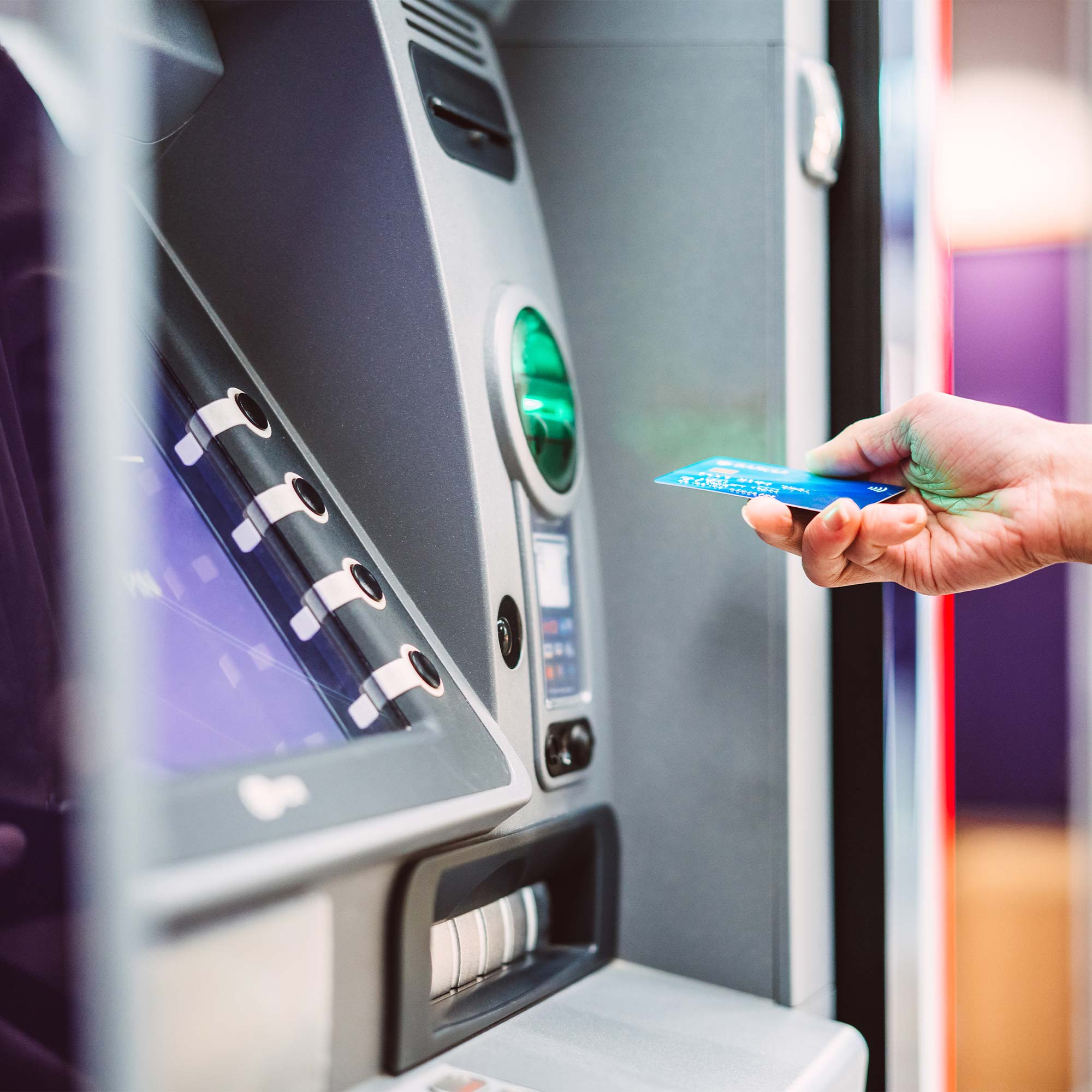Cryptocurrency ATMs
In 2024, the FBI’s Internet Crime Complaint Center (IC3) received nearly 11,000 complaints reporting the use of cryptocurrency automated teller machines (crypto ATMs), with reported victim losses of approximately $246 million. This represents a 99% increase in the number of complaints and a 31% increase in reported victim losses from 2023. What are crypto ATMs?
Similar to a standard ATM, crypto ATMs are an electronic terminal that allows customers to exchange real currency for cryptocurrency (such as Bitcoin) and vice versa. U.S. law enforcement agencies have found significant usage of crypto ATMs to perpetrate fraud, certain types of cybercrime and drug trafficking activity. These crypto ATMs make it incredibly simple for scammers to steal your money, with little to no chance for recovery.
Scams that use crypto ATMs often start with a call or message about unauthorized charges on an account, a fake security warning on your computer or any number of similar scam typologies. Scammers may claim you can protect your money by withdrawing cash from the bank and depositing the funds into a crypto ATM which they may call a “safety locker.” They direct the victim to a specific crypto ATM, text a QR code to scan at the machine, and the cash goes directly to the scammer, with no means of reversing the transaction.
The good news is many states have begun enacting new laws to fight back against these types of scams. States like Oklahoma, Arizona, Colorado and others have crypto ATM regulations that are (or soon will be) in effect. While each state’s laws vary, they are designed to help minimize fraud losses for unwitting consumers. Similar laws are being considered in several states and at the federal level.
While these new and potential laws are a great step toward preventing fraud, nothing can replace education and due diligence. Consumers should always stay alert to warning signs of a potential scam. Here are a few red flags to look out for:
- Unsolicited contact – Scammers use phone calls, emails and text messages to reach victims quickly and anonymously. If you’re unexpectedly contacted with warnings about the security of your computer, your bank account, or even the safety of a loved one, your best defense is to decline to respond. Instead, use your trusted contact information to contact the individual or the company directly, to confirm the information before making any decisions. Be aware that the scammers may use the names of your loved ones or the names of employees from your bank. However, there is a great amount of personal and company information readily available on the internet, and the scammers will often utilize this information to give a certain credibility to their claims to encourage you to act quickly without verifying the information.
- Urgency – Scammers will attempt to manipulate you into acting quickly and without thinking. They will try to convince you that if you don’t send money soon, you or a loved one will face terrible consequences. Always take time to consider what they’re asking of you before making a decision. Talk to a trusted friend or relative or call your bank directly before acting on impulse.
- Trusted businesses asking you to send money – Scammers attempt to exploit your trust in your bank or government agencies to convince you to hand over your money. Always remember that your bank and government agencies will NEVER ask you to send money through a crypto ATM.
Crypto ATMs can be a useful tool for those who wish to move or invest legitimately earned money in cryptocurrency. But as with many useful tools, they can also be exploited to separate you from your money. If you’re ever uncertain about a communication you’ve received or you believe you may have already been scammed, contact us immediately at 888.MIDFIRST (888.643.3477) for assistance.


